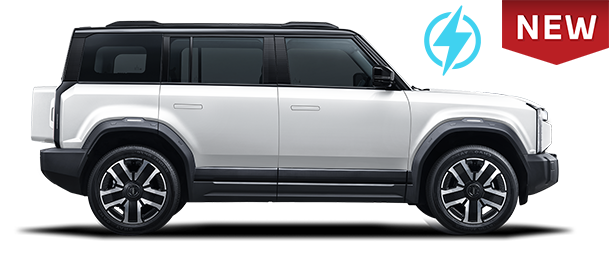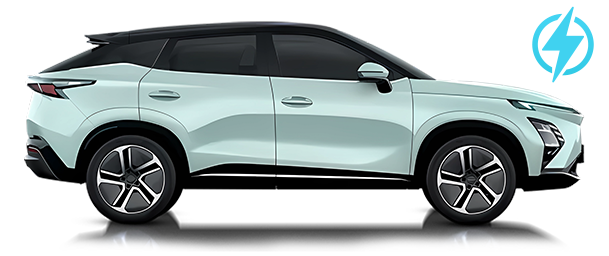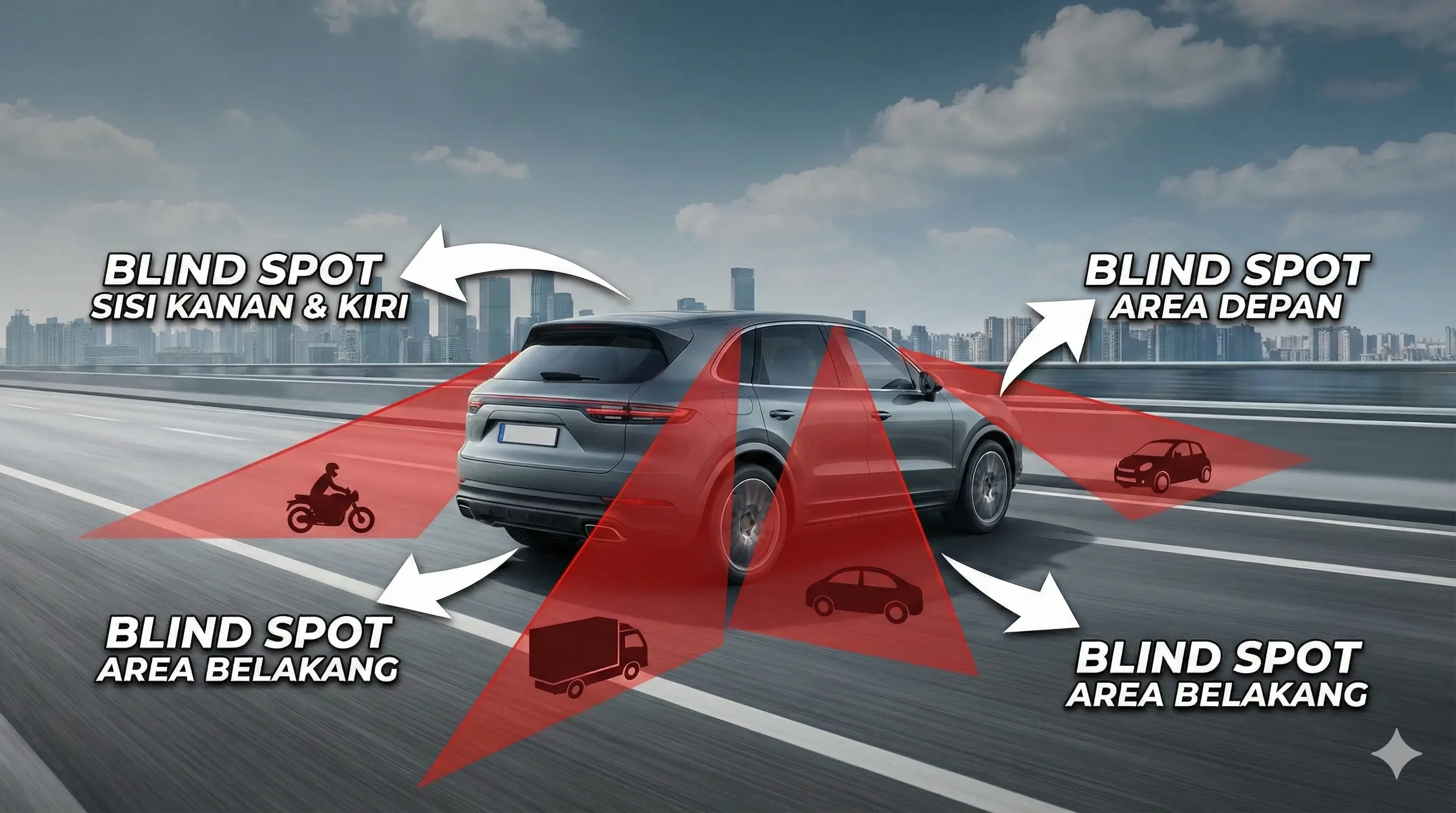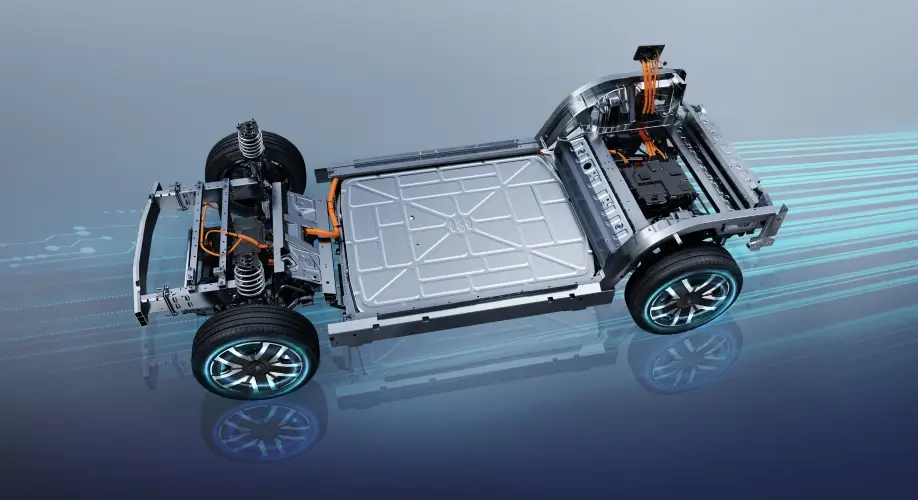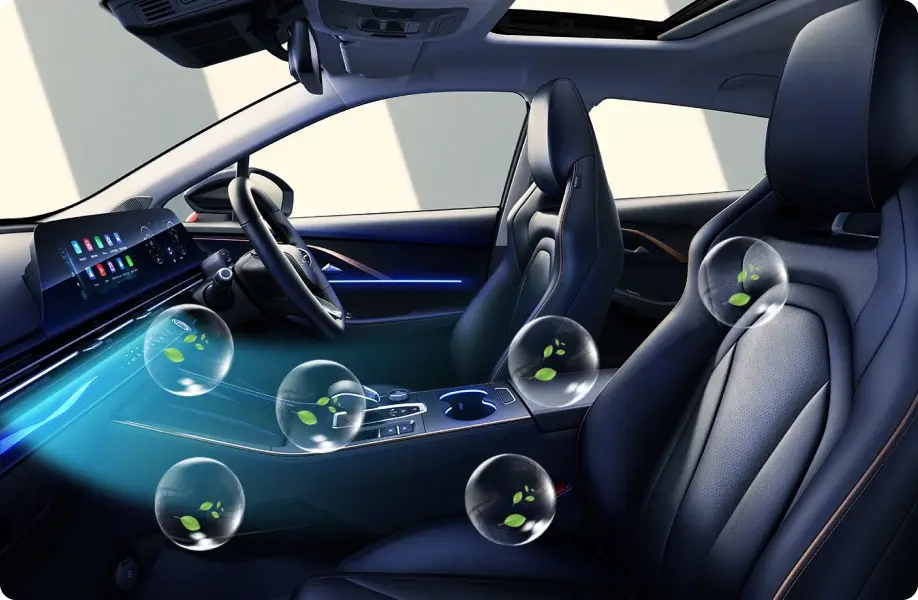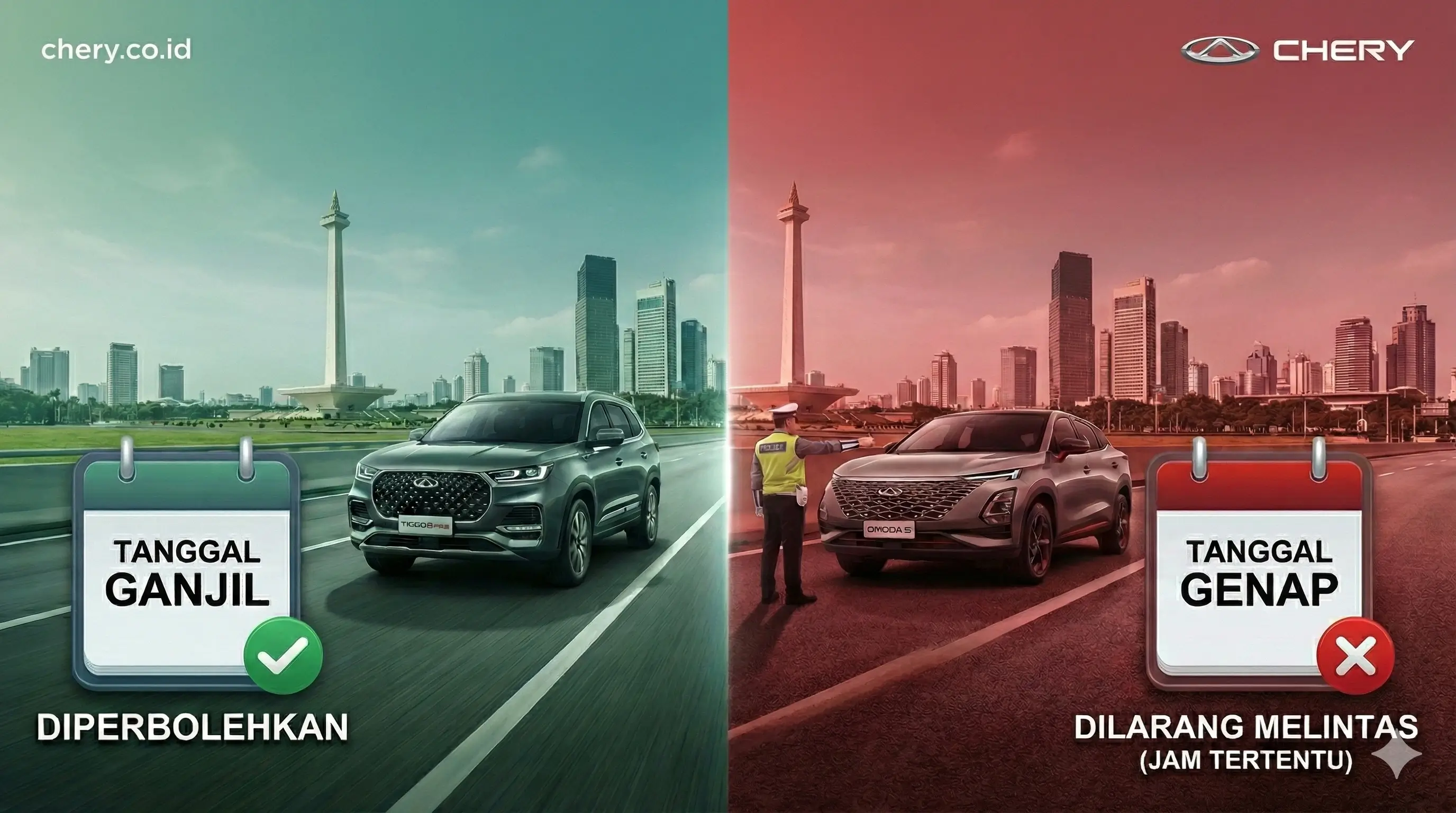
Tips & Tricks
Tutorial Menyalakan Fitur Child Lock Mode | #CheryKnowledge – Tiggo 8 Edition
Chery Family ingin tahu cara mengoperasikan fitur-fitur canggih di TIGGO 8 dengan mudah? Tenang, kami sudah menyiapkan video tutorial khusus untuk memudahkan pengalaman berkendaramu!
